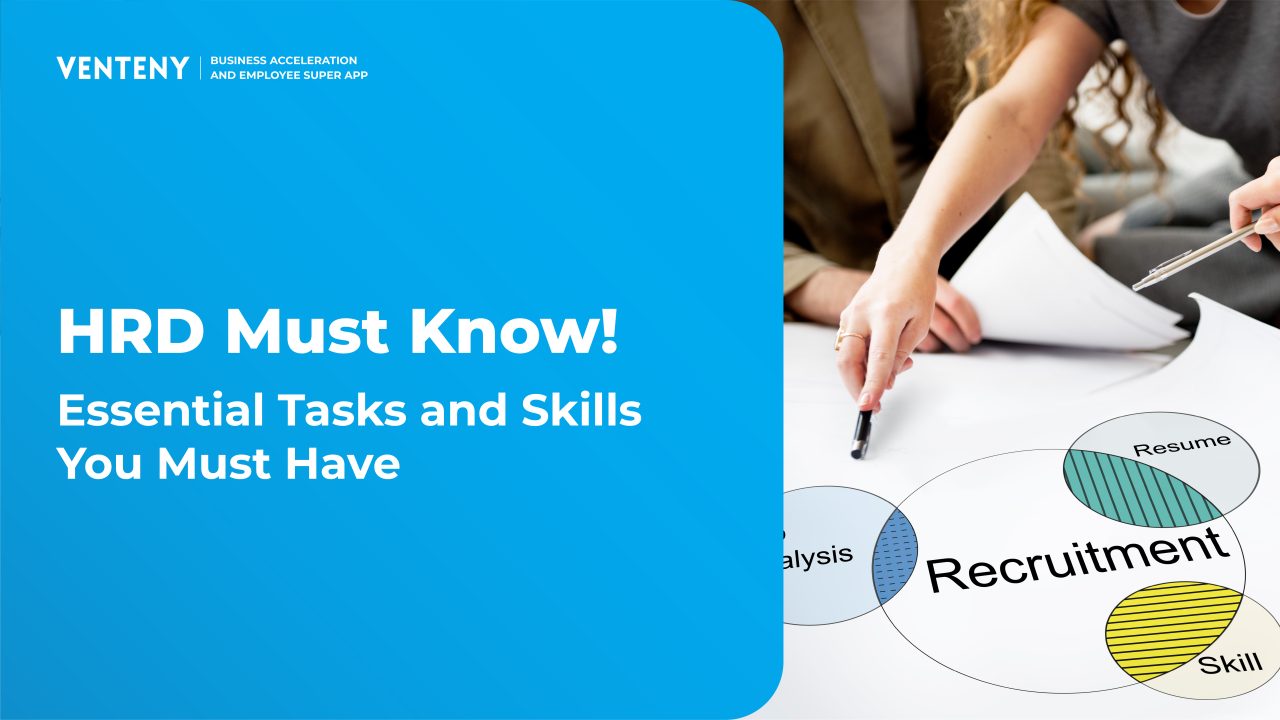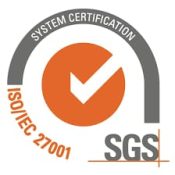In the ever-evolving business world, the role of Human Resources Development (HRD) becomes increasingly crucial. Companies need individuals who can handle operational tasks and have the strategic ability to manage human resources effectively. Therefore, an HRD professional must understand the functions and skills required to ensure organizational success.
Definition and Purpose of HRD
Human Resources Development (HRD) is a part of human resource management focused on developing and enhancing an organization’s employee abilities, skills, and knowledge. The primary goal of HRD is to ensure that each employee has the necessary competencies to perform their duties effectively and to support their personal and professional growth.
HRD plays a significant role in creating a positive work environment, motivating employees, and boosting productivity. Through various training programs, career development, and performance management, HRD helps employees reach their full potential, contributing to the company’s overall success.
Key Tasks of HRD
To ensure employees can work optimally and the company can achieve its goals, HRD must carry out several important tasks:
-
Recruitment and Selection
HRD is responsible for attracting candidates who meet the company’s needs through various channels, such as job advertisements, social media, and professional networks. Then, interviews, tests, and evaluations are conducted to choose the best candidates with the ability and potential to grow within the company.
-
Training and Development
They identify training needs based on performance evaluations and industry changes and design and implement appropriate training programs to enhance employee skills.
-
Performance Management
They help employees set clear and measurable goals, conduct regular performance assessments to provide constructive feedback, and plan further development.
-
Career Development
They assist employees in planning their career paths and providing the necessary resources to achieve their goals. Then, managing the process of promotions and transfers to ensure proper placement according to skills and potential.
-
Compensation and Benefits
They develop and manage competitive salary and benefits structures to attract and retain top talent. They also manage various employee benefits programs, such as health insurance, leave, and other wellness programs.
Essential Skills for HRD
An HRD professional must possess several essential skills to perform these tasks effectively. These skills aid in the daily execution of tasks and in making strategic decisions that support the organization’s goals.
-
Effective Communication
The ability to convey information clearly and effectively to employees, management, and potential candidates.
-
Interpersonal Skills
Building strong relationships with employees and helping resolve workplace conflicts.
-
Analytical Skills
Analyzing employee data and industry trends to make informed decisions.
-
Time Management
They are efficiently managing time and resources to meet various tasks and responsibilities.
-
Leadership and Decision-Making
Leading the HR team and making strategic decisions to support organizational goals.
Conclusion
The role of HRD is crucial in building and maintaining a competent and productive workforce. An HRD professional can help organizations achieve their goals and create a positive work environment by understanding their tasks and developing relevant skills. Investment in HRD development not only benefits employees but also contributes to the long-term success of the company.
The VENTENY Employee Super App can be beneficial for maximum results. It can assist in providing benefits for employee welfare through shopping and FnB vouchers, health insurance, early salary access, and development and training through online courses.




